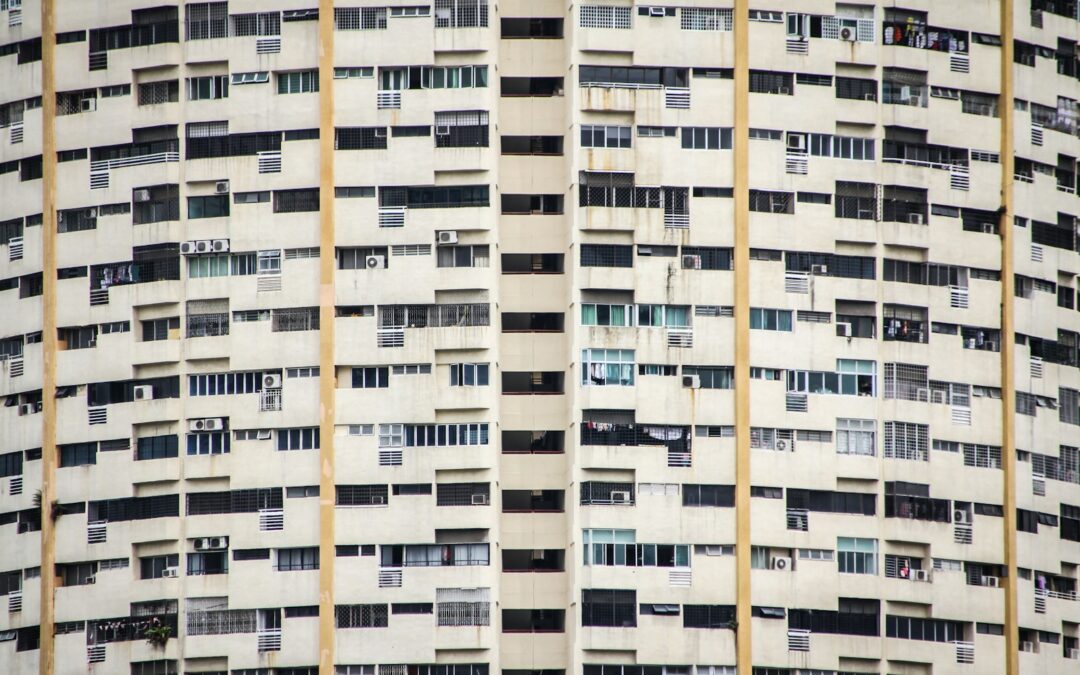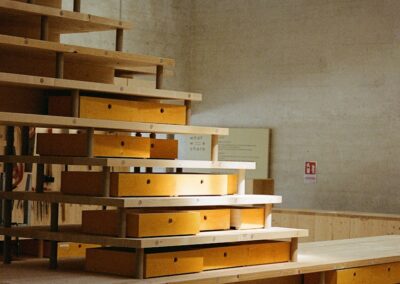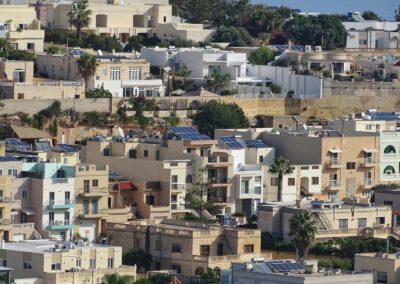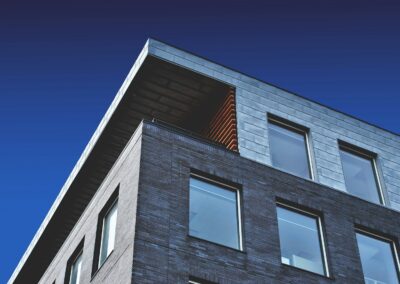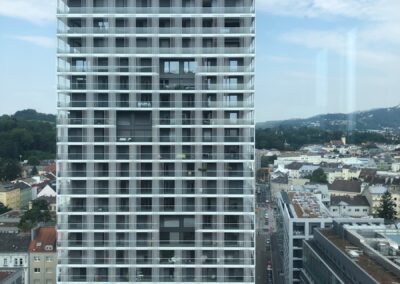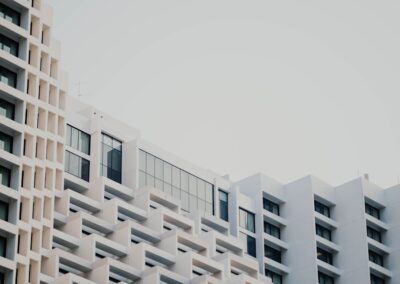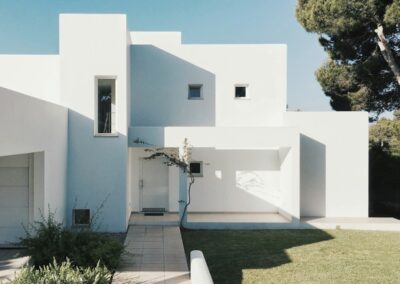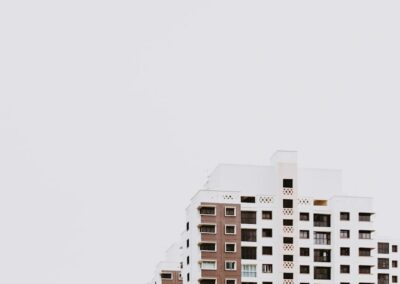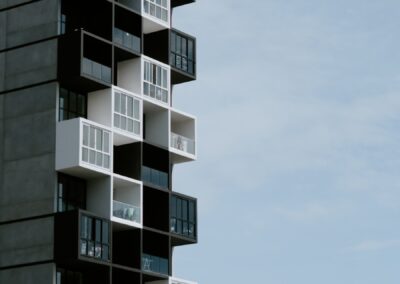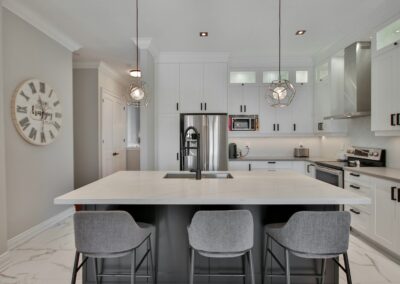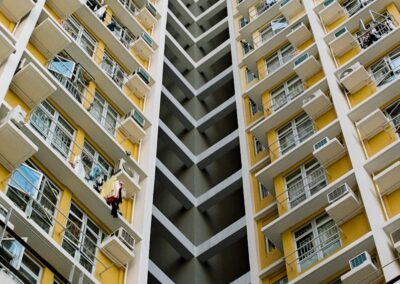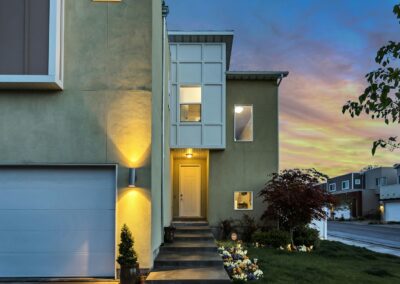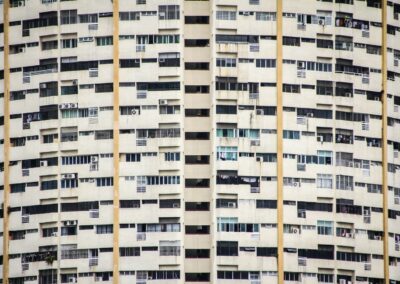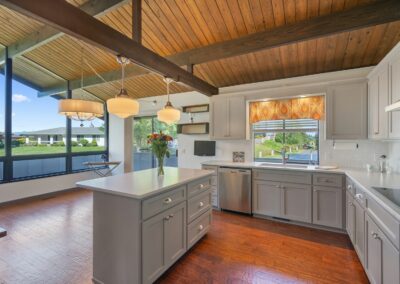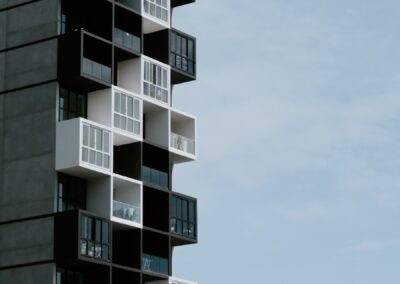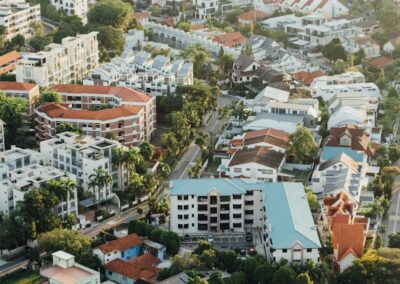The Role of Modular Housing in Promoting Social Equity
Providing Accessible and Affordable Living Options
The integration of modular housing units for social equity plays a pivotal role in transforming urban living by providing accessible and affordable living options for all income levels. These prefabricated units, constructed off-site and assembled on-site, offer a cost-effective solution to the housing crisis faced by many urban areas, including Riyadh, Dubai, and cities across Saudi Arabia and the UAE. Modular housing addresses the need for quick, scalable, and sustainable housing solutions, ensuring that more individuals have access to safe and affordable homes.
One of the key advantages of modular housing is its ability to reduce construction costs and time. By manufacturing components in a controlled environment, developers can minimize waste, enhance quality control, and accelerate the building process. This efficiency translates into lower costs for homeowners and renters, making modular homes an attractive option for those with limited financial resources. In rapidly growing cities like Riyadh and Dubai, where housing demand often outpaces supply, modular housing units can help bridge the gap, providing equitable housing opportunities for all residents.
Furthermore, modular housing promotes inclusivity by offering customizable designs that cater to diverse needs, including those of people with disabilities. These units can be easily adapted to include features such as wheelchair accessibility, making them suitable for a wide range of residents. By prioritizing accessibility and affordability, modular housing units contribute to a more equitable and inclusive urban environment, aligning with the broader goals of social equity and sustainable development.
Enhancing Sustainability and Reducing Environmental Impact
Modular housing units not only promote social equity but also enhance sustainability and reduce environmental impact. In the context of Saudi Arabia and the UAE, where environmental conservation is becoming increasingly important, modular housing offers a sustainable alternative to traditional construction methods. The use of energy-efficient materials, renewable energy sources, and advanced construction techniques minimizes the carbon footprint of these homes, contributing to the overall sustainability of urban areas.
The construction industry is known for its significant contribution to greenhouse gas emissions and resource consumption. By adopting modular housing, cities like Riyadh and Dubai can reduce construction waste, lower energy consumption, and promote the use of sustainable materials. Modular units are designed with energy efficiency in mind, often incorporating features such as solar panels, efficient insulation, and smart home technologies. These features not only reduce environmental impact but also lower utility costs for residents, making modular homes an economically viable and environmentally friendly housing solution.
Moreover, the modular housing approach supports the principles of circular economy by enabling the reuse and recycling of building materials. Components can be easily disassembled, repurposed, or recycled, reducing the overall environmental impact of the construction process. In a region where sustainability is a growing priority, modular housing units align with national and local goals of reducing carbon emissions and promoting green building practices.
Driving Innovation in Urban Planning and Real Estate
The adoption of modular housing units is driving innovation in urban planning and real estate, transforming the way cities are designed and developed. In Dubai and Riyadh, where technological advancements and smart city initiatives are at the forefront of urban development, modular housing units represent a forward-thinking approach to addressing housing challenges. The integration of Artificial Intelligence (AI), Blockchain, and the Metaverse in urban planning enhances the functionality and appeal of modular housing, making it a key component of future urban landscapes.
AI can optimize the design and construction process by analyzing data on housing needs, environmental conditions, and resource availability. This enables developers to create modular units that are tailored to specific community requirements, enhancing their efficiency and effectiveness. In the UAE and Saudi Arabia, where smart city projects are rapidly evolving, AI-driven modular housing solutions can contribute to more resilient and adaptable urban environments.
Blockchain technology also plays a significant role in the modular housing sector by providing secure and transparent property transactions. Smart contracts and decentralized ledgers ensure that all transactions are recorded accurately, reducing the risk of fraud and enhancing trust among stakeholders. This transparency is particularly valuable in regions like the Gulf, where real estate markets are dynamic and require robust regulatory frameworks to protect investors and residents.
The Metaverse, a virtual reality space where users can interact with digital environments, offers exciting possibilities for urban planning and real estate. By creating virtual models of modular housing units, developers can showcase their designs to potential buyers and investors, allowing them to explore and customize their future homes in an immersive digital space. This innovation enhances the marketing and sales process, attracting tech-savvy consumers and promoting the adoption of modular housing.
Impacts on Business Success and Community Development
Attracting Investment and Economic Growth
The integration of modular housing units into urban development strategies can significantly attract investment and drive economic growth. In cities like Riyadh and Dubai, where economic diversification is a key priority, investing in innovative housing solutions aligns with broader economic goals. Modular housing projects offer attractive investment opportunities due to their cost-effectiveness, scalability, and alignment with sustainability initiatives.
Investors are increasingly looking for projects that promise long-term returns and align with global sustainability goals. Modular housing developments, with their potential for rapid deployment and reduced environmental impact, meet these criteria, making them appealing to both local and international investors. By attracting investment into the modular housing sector, cities in Saudi Arabia and the UAE can stimulate economic growth, create jobs, and enhance the overall competitiveness of their real estate markets.
Promoting Social Equity and Community Well-being
Modular housing units play a crucial role in promoting social equity and community well-being by providing high-quality, affordable housing options. In urban areas where housing affordability is a significant challenge, modular homes offer a practical solution that ensures more residents have access to safe and comfortable living spaces. This inclusivity fosters a sense of community and social cohesion, enhancing the overall quality of life for all residents.
Furthermore, modular housing projects can be strategically located to promote community development. By integrating these units into mixed-use developments that include retail, educational, and recreational facilities, cities can create vibrant and dynamic neighborhoods. This holistic approach to urban planning supports the well-being of residents by providing convenient access to essential services and amenities.
In regions like Dubai and Riyadh, where rapid urbanization and population growth require innovative housing solutions, modular housing units contribute to the development of inclusive and resilient communities. By prioritizing social equity and community well-being, these projects align with national visions of sustainable and prosperous urban development.
Conclusion: Embracing Modular Housing for a Sustainable Future
The benefits of integrating modular housing units for social equity are manifold, offering economic advantages, promoting sustainability, and driving innovation in urban planning. In regions like Saudi Arabia and the UAE, where rapid urbanization and economic diversification are ongoing, modular housing presents a viable solution to address housing challenges and promote inclusive development. By leveraging advanced technologies such as AI, Blockchain, and the Metaverse, modular housing units can be optimized for efficiency, transparency, and appeal, ensuring their success in future urban landscapes.
As cities continue to evolve, embracing modular housing units for social equity will be key to creating sustainable, resilient, and inclusive urban environments. This forward-thinking approach not only addresses current housing needs but also positions cities like Riyadh and Dubai as leaders in innovative and sustainable urban development.
#ModularHousing #SocialEquity #AffordableHousing #SustainableLiving #SmartHomes #SaudiArabia #UAE #Riyadh #Dubai #AIInHousing #BlockchainRealEstate #MetaverseUrbanPlanning #GenerativeAI #BusinessSuccess #LeadershipSkills

